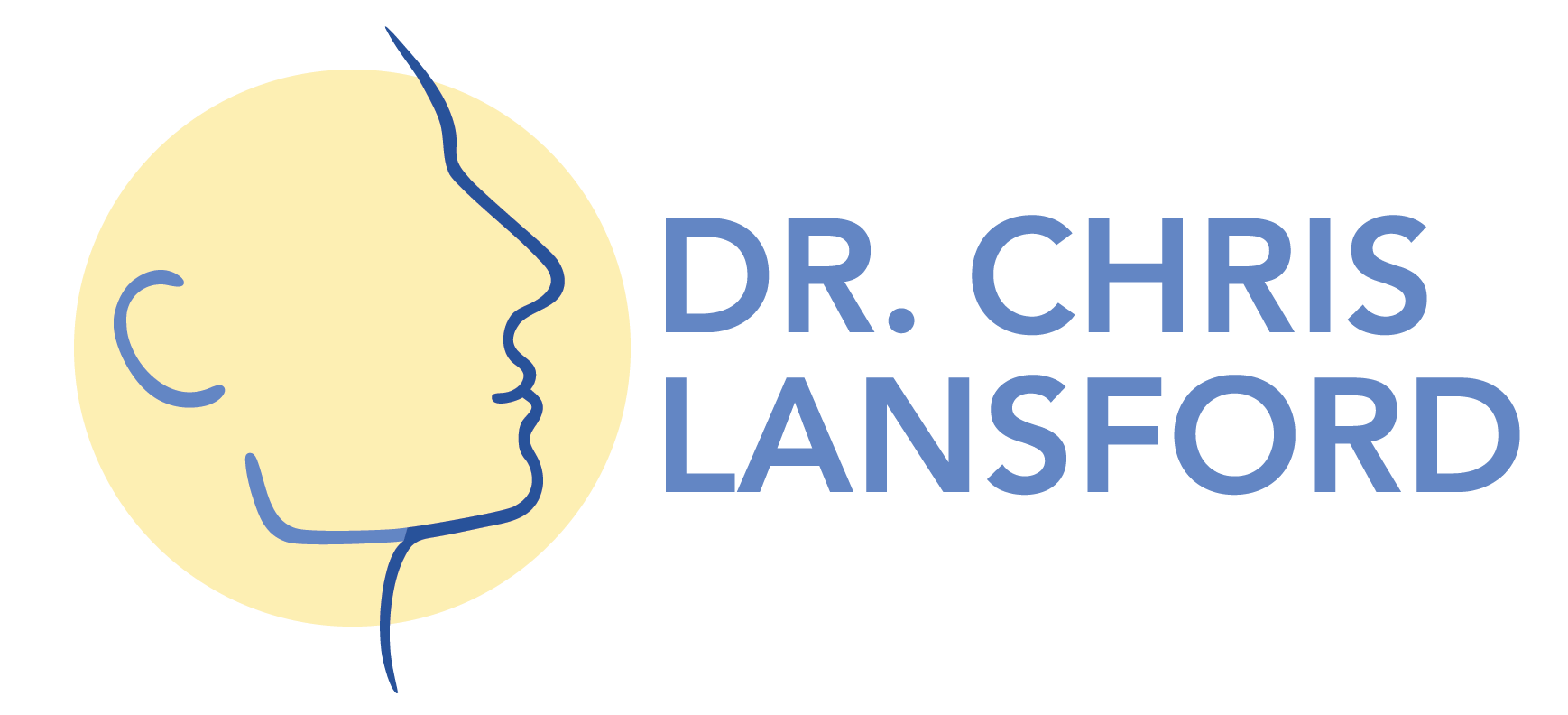Treatments: Hypothyroidism
Hypothyroidism is a state of inadequate thyroid hormone. It is the opposite of thyrotoxicosis (and related hyperthyroidism).
Thyroid hormone is an essential component of normal and healthy functioning of virtually all tissues in the body. When the blood contains inadequate thyroid hormone, hypothyroidism and its detrimental consequences develop.
Fortunately, simple and accurate methods for diagnosis of hypothyroidism exist with a blood draw. Treatment consists of identifying and correcting any reversible cause for hypothyroidism (such as iodine deficiency and use of anti-thyroid drugs). When the cause is due to the thyroid being unable to produce adequate thyroid hormone, treatment involves taking thyroid hormone by pill or I.V. form, which is an exact and identical replacement of a thyroid hormone (thyroxine, also known as T4) that a normal thyroid gland would produce.
Thyroid hormone supplementation
The standard management of moderate to severe symptomatic hypothyroidism is with a synthetic and identical form of thyroxine (T4), which as a medication is called levothyroxine (Synthroid®). It is long-acting and available in pill, liquid, or I.V. forms, and taken once a day. Oral levothyroxine must be taken on an empty stomach (swallowed with water only) because food (especially calcium) interferes with the absorption of levothyroxine. Strategies of incorporating levothyroxine into a daily habit include taking it immediately after waking in the morning and not eating or drinking for 30-60 minutes thereafter, taking it in the middle of the night (which may be coordinated with a trip to the bathroom), or taking it four hours after food.
Choosing the starting dose of levothyroxine is estimated according to a patient’s weight, but a conservative approach of using a lower starting is undertaken in the elderly and those with heart disease in order to avoid complications associated with over-supplementation, including an irregular heart rhythm called atrial fibrillation. Full dose replacement in the young, healthy adult is 1.6 to 1.7 mcg levothyroxine per kg. Since the half-life of levothyroxine is about one month, the replenishment of thyroid hormone and the body’s normalization occurs slowly. After about 2 months of use of thyroid hormone (and with any change in the daily dose) a patient’s TSH is re-checked, and adjustments in the levothyroxine dose are made if needed. Long-term monitoring of thyroid hormone status without a change of daily dose involves TSH testing every 6-12 months.
Synthetic triiodothyronine (T3) is also available, and called liothyronine. This medication is new and unproven, and since it has a shorter half-life, would require more frequent dosing than levothyroxine. It is not typically used.
Ground and dried pig thyroid gland (marketed as Armour Thyroid) had been used medically in humans in the past, but is ill-advised in the modern era with the ready availability of levothyroxine.
This page




